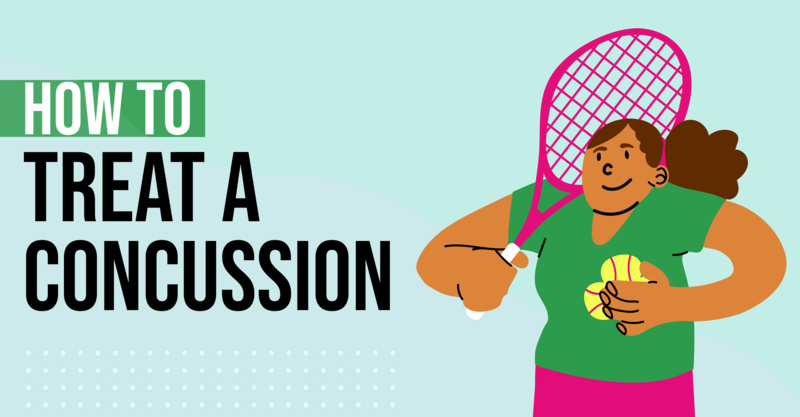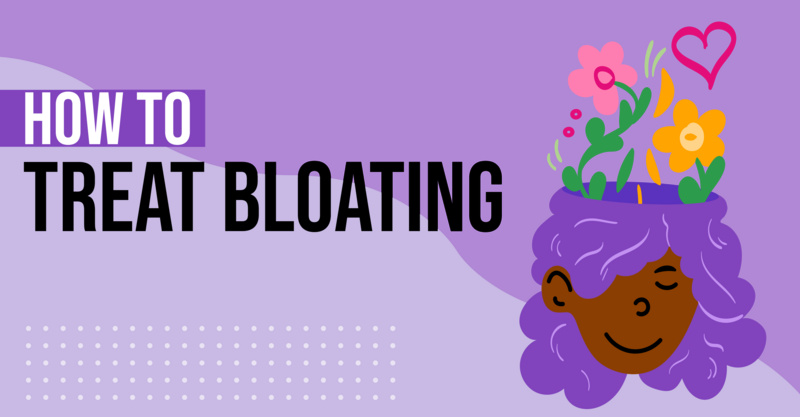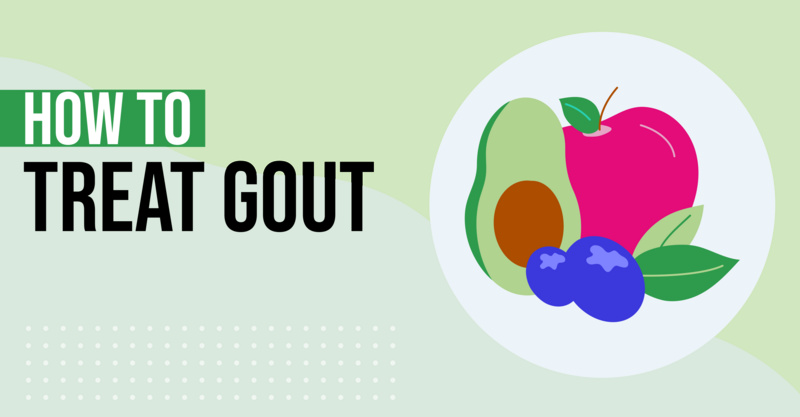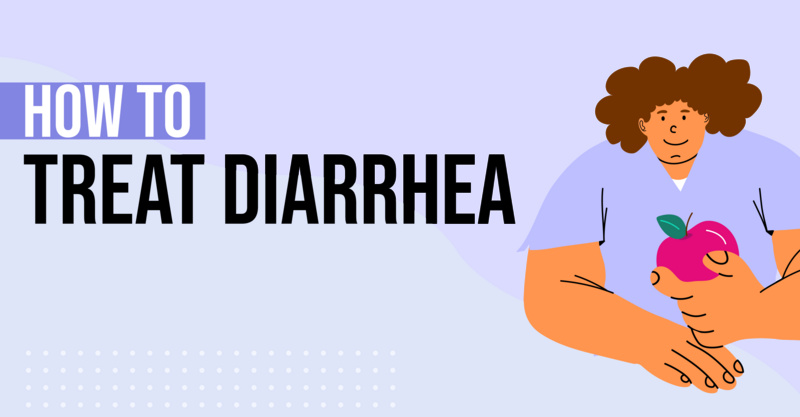Key Points
- Constipation is a prevalent digestive issue, with causes ranging from dietary habits and physical activity levels to medication use and dehydration.
- Symptoms of constipation include infrequent bowel movements, hard stools, and a feeling of blockage in the rectum, with chronic constipation defined as experiencing these symptoms two or more times within three months.
- Home remedies for constipation encompass a variety of methods, such as increasing fiber intake, managing stress, using over-the-counter laxatives, changing your position while pooping, and trying a low FODMAP diet.
- If constipation continues despite trying home remedies, or if it is accompanied by symptoms like blood in stool or persistent abdominal pain, it is advised to consult a doctor.
- Preventive measures for constipation include staying hydrated, eating fiber-rich foods, regular exercise, avoiding dairy products, and not delaying bowel movements.
Constipation is a common digestive issue that occurs when bowel movements are infrequent or difficult to pass, according to the Mayo Clinic. They note that constipation can affect people of all ages and can be caused by a variety of factors.
Common Causes of Constipation
- Your dietary habits
- Your level of physical activity
- Medications or supplements that you take
- If you are dehydrated
- Changes in your irregular routine (such as traveling, eating at a different time, or going to bed at a different time)
- Consuming large amounts of milk or cheese
- Stress
- Resisting the urge to have a bowel movement
The Mayo Clinic also notes that being female and being an older adult makes you more susceptible to struggling with constipation. Below you’ll find more details on the common causes of constipation.
Symptoms of constipation
- Having less than 3 bowel movements a week
- Having lumpy or hard stools
- Straining to have a bowel movement
- Feeling as though you have a blockage in your rectum
- Feeling as though you can’t completely empty the stool from your rectum
- Needing help to empty your rectum (such as pushing a hand on your stomach or using a finger to remove stool from your rectum)
The Mayo Clinic also notes that having these symptoms two or more times within three months can indicate that you have chronic constipation.
Many cases of constipation can be relieved at home, by increasing your fiber intake, drinking more water, and getting more exercise, according to Healthline. Here are more home remedies that can help relieve your constipation quickly:
What to do When You’re Constipated
1. Increase Fiber Intake
A low fiber intake is the most common cause of constipation, according to the Mayo Clinic. They note that fiber is an essential nutrient that helps to promote healthy bowel movements by helping stools pass through the digestive system more easily.
To increase your fiber intake, the Mayo Clinic recommends that you eat more fiber-rich foods or add a fiber supplement to your routine.
High Fiber Foods
Healthline lists the following as high-fiber foods that you can add to your diet to help constipation:
- Oats
- Whole grain bread or cereal
- Whole wheat pasta
- Fibrous fruits like apples and bananas
- Fibrous vegetables like broccoli, carrots, and leafy greens
- Brown rice
- Beans and lentils
- Split peas
- Nuts, such as walnuts, pecans, and almonds
Fiber Supplements
If you're having trouble getting enough fiber from your diet, you may want to consider taking a fiber supplement, according to Healthline. These supplements come in various forms, including powders, capsules, and chewable tablets. They note that you should be sure to drink plenty of water when taking fiber supplements, otherwise, it can actually make constipation worse.
2. Take Probiotics or Prebiotics
Probiotics are beneficial bacteria that live in your gut and help keep your digestive system healthy, according to Healthline—and prebiotics can help feed these good bacteria. Both can be helpful in relieving constipation, according to Healthline. They note that good sources of probiotics include yogurt, kefir, and fermented foods. Prebiotics can be found in foods like garlic, onions, and bananas.
3. Manage Stress
Stress can cause constipation, according to Healthline—so finding ways to manage stress and relax can be helpful in relieving constipation. They recommend that you try techniques like deep breathing, meditation, and yoga.
4. Try Over-the-Counter Laxatives
There are several over-the-counter (OTC) laxatives that can be used to relieve constipation, according to Healthline. Some common brand names are MiraLAX and Ex-Lax, according to the Cleveland Clinic. Healthline notes that you should be sure to follow the instructions on the package carefully.
5. Take a Stool Softener
Stool softeners are another type of OTC medication that can be used to relieve constipation, according to Medical News Today. They note that these medications work by drawing water into the stool, making it easier to pass. You should be sure to drink plenty of water when taking stool softeners to avoid dehydration.
6. Use an Enema
Enemas are an invasive option for relieving constipation, according to Medical News Today. They involve inserting a liquid solution into the rectum to help soften and lubricate the stool. This can be an uncomfortable process, Medical News Today notes. Because of this, enemas should only be used if recommended by a healthcare provider.
7. Try a Suppository
Suppositories are another invasive option for relieving constipation, according to Healthline. They note that suppositories are inserted into the rectum and work by softening and lubricating stool. You should be sure to follow the instructions on the package carefully before using one.
8. Get into a Squatting Position to Poop
Changing your position while pooping can make it easier to pass stool, according to Healthline. A squatting position can help align the rectum and anus, making it easier to pass stool, they note. You can try using a stool or footrest to elevate your feet while sitting on the toilet.
9. Increase Your Exercise
Regular exercise can help keep your digestive system healthy and prevent constipation, according to the Mayo Clinic. They recommend that you aim for at least 30 minutes of exercise on most days of the week. You should consult your doctor before starting any exercise routine.
10. Do a Colonic Massage
A colonic massage involves massaging the abdomen in a certain way to help stimulate bowel movements, according to Healthline. They note that you can find videos about how to do colonic massage on YouTube.
11. Drink Some Coffee
Coffee can be a natural laxative for most people, according to Healthline. They note that you should be sure not to drink too much coffee, as too much caffeine can be dangerous.
12. Try a Low FODMAP Diet
FODMAPs are a type of carbohydrate that can be difficult to digest for some people, according to Medical News Today. They note that following a low FODMAP diet may help relieve constipation in some individuals. Medical News Today notes that low FODMAP foods include:
- Vegetables: Lettuces, carrot, chives, fennel, eggplant, broccoli (heads or whole), zucchini, green beans, and baby spinach
- Fruits: Strawberries, pineapple, grapes, oranges, cucumbers, and kiwifruit
- Proteins: Chicken, beef, turkey, cold cuts, lamb, tofu, and eggs
- Fish: Crab, lobster, salmon, tuna, and shrimp
- Fats: Oils, pumpkin seeds, butter, peanuts, macadamias, and walnuts
- Starches, cereals, and grains: Potatoes, amaranth, quinoa, brown rice, tortilla chips, and popcorn
13. Add Flaxseed to Your Diet
Flaxseed is a good source of fiber and can help soften stool, according to Medical News Today. They recommend that you try adding flaxseed to your diet by sprinkling it on cereal or yogurt or adding it to smoothies.
When to See a Doctor for Constipation
In some cases, constipation can be a sign of an underlying medical condition. Medical News Today notes that you should see a doctor if you are experiencing the following symptoms in addition to not being able to poop regularly:
- Blood in the stool
- Stomach bloating that lasts a long time
- Frequent tiredness
- Unexpected weight loss
- New, persistent or frequent abdominal pain or discomfort
Additionally, Medical News Today notes that you should see a doctor if you have tried home remedies for your constipation and are still constipated.
Preventing Constipation
Constipation can be prevented by adopting some healthy habits, according to the Mayo Clinic. Here are some tips to help you prevent constipation in the future:
1. Staying Hydrated
Drinking enough water is essential to keep your digestive system functioning properly, according to the Mayo Clinic. They note that staying hydrated helps soften the stool, making it easier to pass.
2. Eating Fiber-Rich Foods
Fiber is an important nutrient that helps add bulk to the stool, making it easier to pass, according to the Mayo Clinic. They note that you should aim to consume at least 25-30 grams of fiber per day. Good sources of fiber include fruits, vegetables, whole grains, and legumes. You can also consider taking a fiber supplement if you are not able to get enough fiber from your diet.
3. Regular Exercise
Regular exercise can help keep your digestive system working properly, according to the Mayo Clinic. They explain that exercise can help stimulate bowel movements and prevent constipation.
4. Avoiding Dairy Products
Dairy products such as milk, cheese, and ice cream can be constipating for some people, according to the Mayo Clinic. If you are prone to constipation, they recommend that you try limiting your intake of dairy products or avoiding them altogether.
5. Don’t Wait if You Feel the Urge to Go
When you feel the urge to have a bowel movement, it is important to go as soon as possible, according to the Mayo Clinic. They note that delaying bowel movements can lead to constipation. If you are having trouble having a bowel movement, they recommend that you try sitting on the toilet for a few minutes at the same time each day to help stimulate bowel movements.
Summary of Home Remedies for Constipation
If you're experiencing constipation, there are several at-home strategies you can try to relieve your symptoms. Here's a recap of some of the most effective methods:
- Increase your fiber intake
- Stay hydrated
- Exercise regularly
- Don’t ignore the urge to have a bowel movement
- Try home remedies like probiotics, prebiotics, colonic massage, a cup of coffee, and fiber supplements
- Add some flaxseed to your food
- Get into a squatting position when you are trying to have a bowel movement
- Use over-the-counter medications like stool softeners, suppositories, and laxatives as a last resort (and under the recommendation of a doctor)
Frequently asked questions
What are the main causes of constipation?
Constipation can be caused by various factors such as dietary habits, physical activity level, medication use, dehydration, and changes in routine.What are the symptoms of constipation?
Symptoms of constipation include infrequent bowel movements, hard stools, and a feeling of blockage in the rectum.What are some home remedies for constipation?
Home remedies for constipation include increasing fiber intake, managing stress, using over-the-counter laxatives, changing your position while pooping, and trying a low FODMAP diet.When should I see a doctor for constipation?
If constipation persists despite trying home remedies, or if it is accompanied by symptoms like blood in stool, persistent bloating, frequent tiredness, unexpected weight loss, or new and persistent abdominal pain, it is recommended to see a doctor.How can I prevent constipation?
Preventive measures for constipation include staying hydrated, eating fiber-rich foods, regular exercise, avoiding dairy products, and not delaying bowel movements.What is chronic constipation?
Chronic constipation is defined as experiencing constipation symptoms two or more times within three months.Are there any specific diets that can help with constipation?
Yes, increasing fiber intake through foods like oats, whole grain bread, fruits, vegetables, and nuts or fiber supplements, trying a low FODMAP diet, and adding flaxseed to your diet can help with constipation.Can physical activity help with constipation?
Yes, increasing physical activity can help alleviate constipation.
Solv has strict sourcing guidelines and relies on peer-reviewed studies, academic research institutions, and medical associations. We avoid using tertiary references.

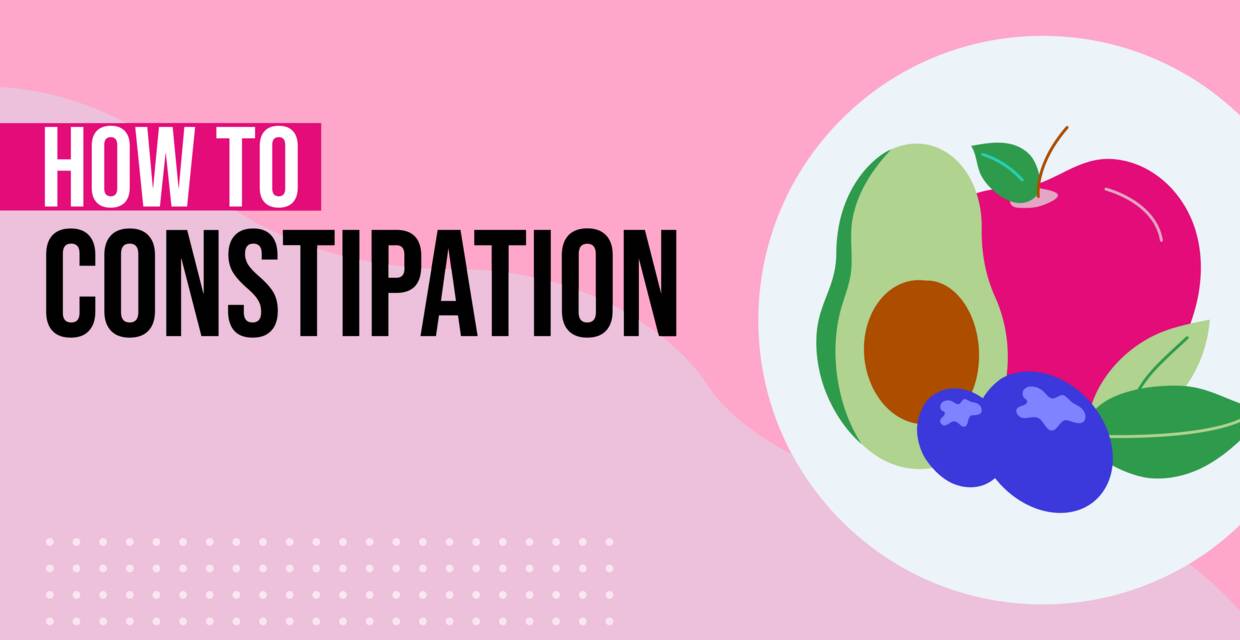
 LinkedIn
LinkedIn



